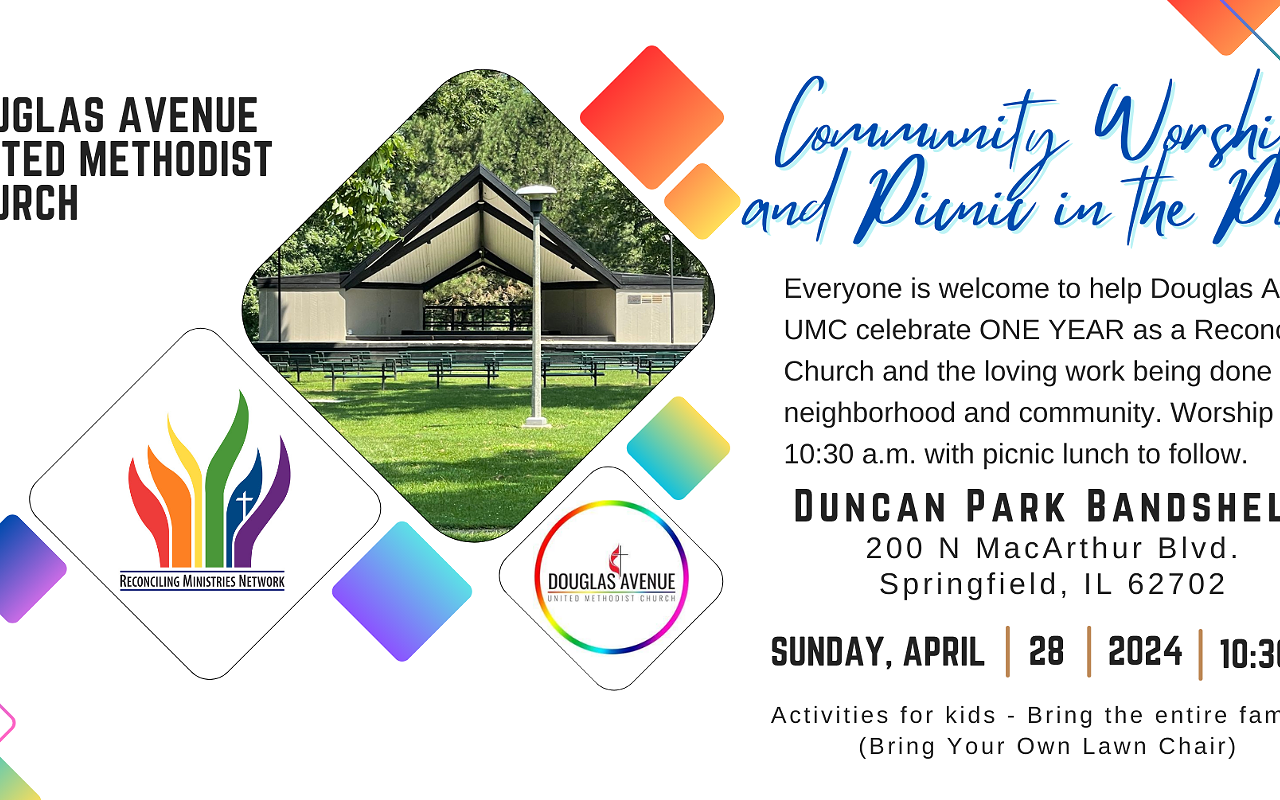Ovarian cancer touches all women. It does not discriminate based on age, race or ethnicity. More than 22,000 mothers, daughters, wives and sisters will be diagnosed with ovarian cancer this year. That includes more than 920 in Illinois. September is designated as National Ovarian Cancer Awareness Month and is a time to come together to honor those we have lost, to recognize those who are still fighting and to raise awareness about this most deadly of all cancers of the female reproductive system.
Nobody wants to talk about ovarian cancer. Yet a woman’s lifetime risk of getting ovarian cancer is about 1 in 75, while her lifetime chance of dying from it is about 1 in 100. This year more than 14,000 nationwide, and more than 570 in Illinois, will die from ovarian cancer. It ranks fifth in cancer deaths among women.
The risk factors for ovarian cancer include:
• Obesity. Studies have linked obesity with a higher risk of developing ovarian cancer.
• Pregnancy. Women who have never been pregnant or had their first child after age 35 are at higher risk for developing ovarian cancer.
• Birth control. Women who have used oral contraceptives have a lower risk of developing ovarian cancer.
• Family history.
Why does this matter to me? I was diagnosed with both ovarian and endometrial cancer in 2014. In December, I will celebrate my two-year cancer anniversary.
My diagnosis was a complete surprise to myself and my gynecological oncologist. I knew I had endometrial cancer. During my surgery, he found a large mass on each ovary. I ended up having a debulking surgery that included not only the removal of my reproductive organs but my omentum – a layer of fatty tissue that covers the abdominal organs, lymph nodes and even my appendix.
Ovarian cancer is called the silent killer. It has symptoms, if a woman listens. Among the symptoms are:
• Abnormal vaginal bleeding or discharge
• Back pain
• Bloating
• Change in bladder or bowel habits
• Feeling full quickly while eating
• Pelvic or abdominal pain
These symptoms are easy to overlook, and often are. As women, we need to learn to listen to our bodies, educate ourselves and become advocates for our own health care. If you experience any of these symptoms for more than two weeks, schedule an appointment with your health care professional. Be persistent. Too often our doctors don’t listen to us. The time you spend in the stirrups could save your life.
Looking back, I had been experiencing symptoms a year prior to my diagnosis; I was always bloated, suffered constant pelvic pain and was waking up four to five times a night to pee. I never connected the dots. Like most women, ovarian cancer never crossed my radar.
Fortunately, I was diagnosed at stage 1C. About 15 percent of ovarian cancer is caught early, when the estimated five-year survival rate is more than 90 percent. Sadly, most women are diagnosed at stages 3 and 4, after the cancer has spread to surrounding tissues and organs, when the survival rate drops dramatically.
Remember: There is no screening test for ovarian cancer. A Pap test only detects cervical cancer.
There is hope. Advances in ovarian cancer research are being made every day. The Ovarian Cancer Research Fund, Ovarian Cancer National Alliance and National Ovarian Cancer Coalition have teamed up with Stand Up to Cancer to fund the Translational Research Ovarian Cancer Dream Team. Much more remains to be done. Women’s lives matter.
I urge you to support the women in this community and wear teal this month of September. Show them they are not alone. And if you know a woman who is fighting ovarian cancer and doesn’t know where to turn, please tell them about Teal Time, a local ovarian cancer support group. For more information, visit their website at http://www.tealtime.org.
Roberta Codemo is an ovarian cancer survivor and advocate and lives in Springfield. A freelance journalist, she writes frequently for Illinois Times.
Nobody wants to talk about ovarian cancer
[
{
"name": "Air - MedRect Combo - Inline Content 1",
"component": "11490391",
"insertPoint": "3",
"requiredCountToDisplay": "1",
"parentWrapperClass": "fdn-ads-inline-content-block"
},{
"name": "Air - MedRect Combo - Inline Content 2",
"component": "11490392",
"insertPoint": "7",
"requiredCountToDisplay": "5",
"parentWrapperClass": "fdn-ads-inline-content-block"
},{
"name": "Air - MedRect Combo - Inline Content 3",
"component": "11490393",
"insertPoint": "12",
"requiredCountToDisplay": "9",
"parentWrapperClass": "fdn-ads-inline-content-block"
}
]
Illinois Times has provided readers with independent journalism for almost 50 years, from news and politics to arts and culture.
Your support will help cover the costs of editorial content published each week. Without local news organizations, we would be less informed about the issues that affect our community..
Got something to say?
Send a letter to the editor and we'll publish your feedback in print!


















